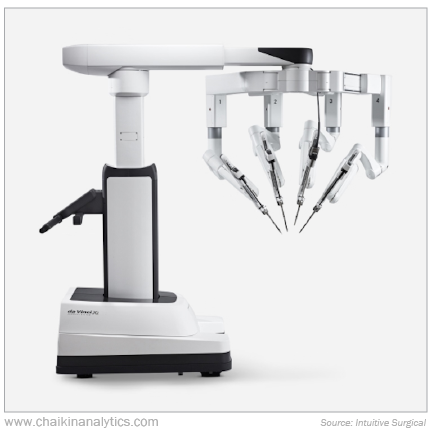Trump Administration Eases Regulations for Autonomous Vehicle Manufacturers
The Trump administration has initiated changes aimed at reducing regulatory barriers for U.S.-based autonomous driving companies.
Regulatory Updates Announced
What Happened: The National Highway Traffic Safety Administration (NHTSA) revealed it is revising regulations to allow domestic autonomous vehicle manufacturers to access exemptions from certain U.S. Auto Safety Standards. These exemptions were previously only available to imported vehicles, as shared by U.S. DOT Secretary Sean Duffy in a video posted on X on Thursday.
Impact on Innovation and Industry Reporting
The accompanying video emphasized that NHTSA will still require automakers to report crashes involving self-driving systems. However, the agency plans to eliminate “redundancies” and “streamline the process,” a move that Duffy believes will promote innovation. Additional details will be shared in the coming months.
Significance for the Autonomous Vehicle Market
Why It Matters: This regulatory shift occurs at a pivotal time as autonomous vehicles gain traction in the U.S. The market leaders include Alphabet Inc.’s GOOG GOOGL, whose Waymo service has logged over 20 million autonomous miles and provided more than 2 million paid robotaxi rides.
This regulatory change may also enhance the competitive landscape for Elon Musk‘s Tesla Inc. TSLA. The EV manufacturer recently introduced its autonomous ride-hailing services in limited rollouts in Austin and San Francisco. Musk indicated during the Q1 earnings call that ’10 to 20′ Model Ys would be providing paid robotaxi rides starting in June this year.

Conclusion
As these regulatory updates unfold, they promise to shape the future of the autonomous vehicle market in the U.S., encouraging innovation while ensuring safety standards are maintained.
Photo: courtesy of Tesla.









